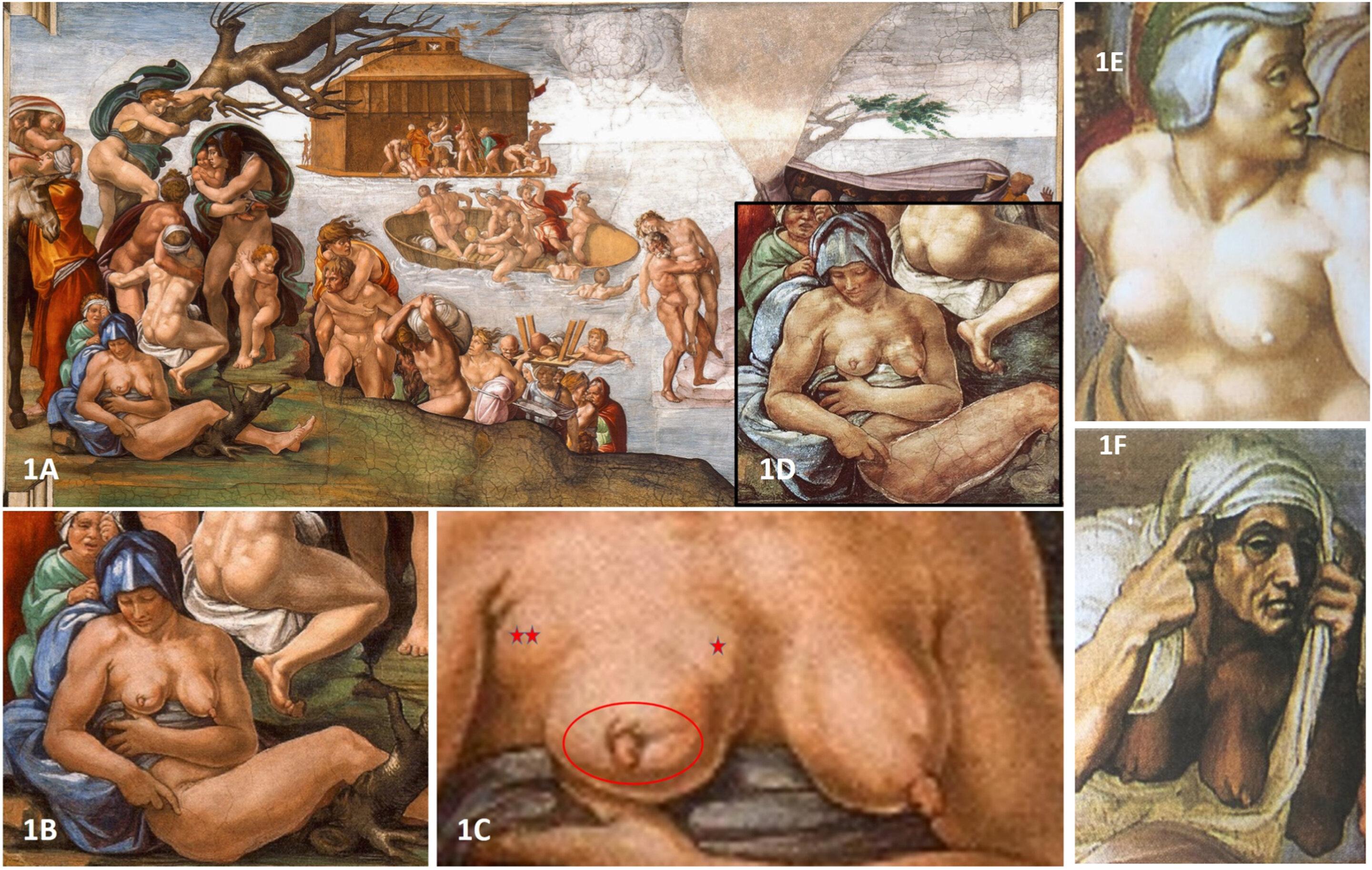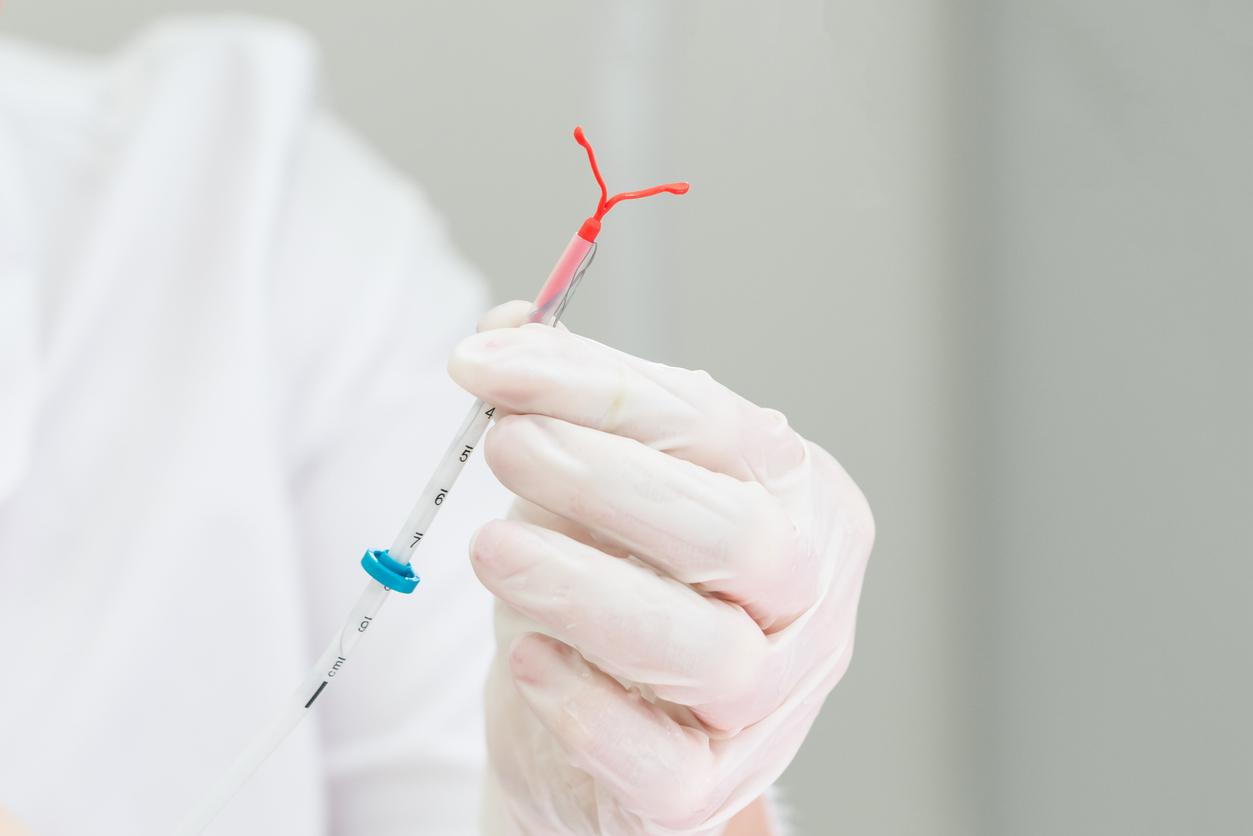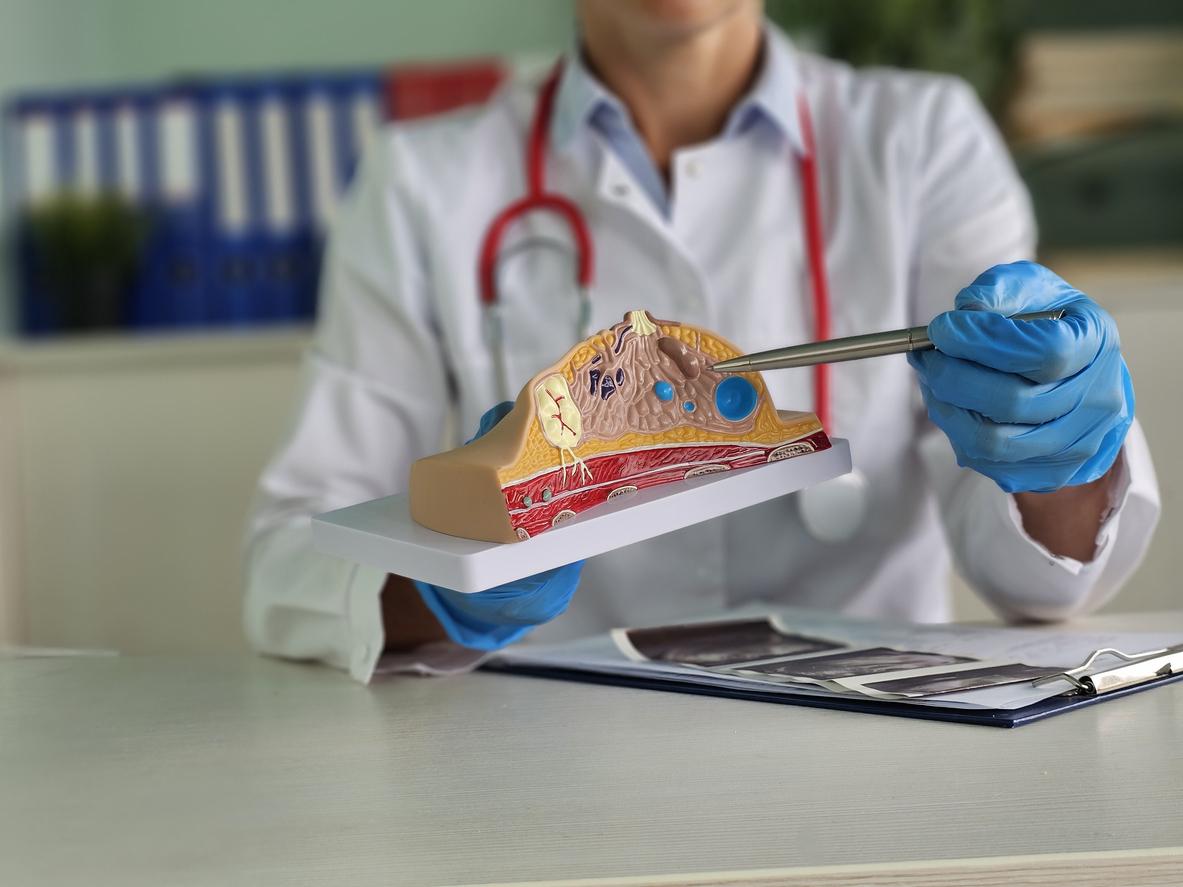The hypothesis raised by British researchers suggests that the lactose present in yogurts would reduce the risk of breast cancer.

Yogurt is not a superfood, but it can still do us good. This fermented milk consumed since the Neolithic would have good properties for our body. In an article published in the journal Medical Assumptionsresearchers at the University of Lancaster (United Kingdom) recommend that women consume yogurt to reduce the risk of breast cancer.
Their hypothesis assumes that breast cancer is linked to inflammation induced by bacteria, and that yogurts would be the least expensive food to prevent these risks. Although this theory has yet to be proven, they bring with this study evidence that would go in this direction.
Breastfeeding and cancer risk reduction
Previous studies have already demonstrated the anticancer properties of yogurt. Thanks to the fermentation of lactose, yogurt contains beneficial bacteria for our body. These “good” bacteria are similar to those found in the breasts of breastfeeding mothers.
“It is an established fact that breast milk is not sterile and that lactation changes the microflora of the breast, says Rachel Rigby, researcher in biomedical sciences at Lancaster University and co-author of the study. Each year of breastfeeding reduces the risk of breast cancer by 4.3%, this is due to the presence in the breast of protective bacteria fermenting lactose. These bacteria are commonly present in milk and are likely to occupy the mammary ducts of women during lactation and for an unknown period after lactation.”
Our body is made up of about 10 billion bacterial cells. While most of them are harmless, some trigger toxins causing inflammation. These chronic inflammations destroy bacteria, but also damage the body.
The link between bacteria, inflammation and cancer
Stem cells that divide to replenish the mammary duct wall are influenced by microflora, the components of which increase the risk of cancer development in other organs, such as the colon and stomach. Researchers believe a similar scenario could occur in the breast, with resident microflora affecting stem cell division and influencing cancer risk. By regularly consuming yogurts, the body would drive out “bad” bacteria responsible for cancers to install “good” ones, resulting from the fermentation of lactose.
In addition to yogurt, it would be good to add fiber to your diet. Researchers at the Vanderbilt University Medical Center (USA) have examined the link between dietary fiber, yogurt consumption and the risk of lung cancer. According to their study, which was published in Jamaica Oncologypeople with the highest fiber and yogurt intake had a reduced risk of lung cancer by about 30%.

















